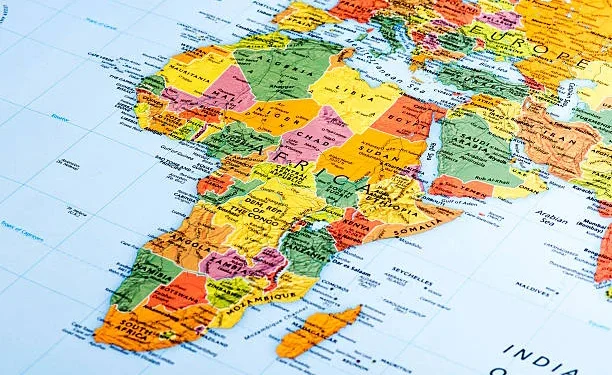Across the continent, a subtle transformation is underway. African startups are no longer confining their ambitions within national borders. From Cape Town to Cairo, a new generation of founders is quietly weaving regional networks, creating practical bridges that connect markets, industries, and ideas across Africa.
A Shift from Local to Continental Thinking
For years, Africa’s tech narrative was defined by a few powerful hubs: Lagos, Nairobi, Johannesburg. Each nurtured its own innovation ecosystem, but often in isolation. That’s beginning to change. Today’s African founders are increasingly designing products and business models with regional scale in mind from day one.
A Kenyan fintech might test its platform in Tanzania and Uganda at the same time. A logistics startup in Nigeria may structure its operations to expand into Ghana or Côte d’Ivoire within months. For many of these companies, the next phase of growth lies not in Silicon Valley partnerships but in cross-border African collaboration.
Why These Bridges Matter
This new mindset combines ambition, survival, and opportunity. Africa’s fragmented markets often limit scale, but regional expansion offers a path around those constraints.
Operating in multiple countries allows startups to diversify risk across currencies, regulatory environments, and customer bases. It also exposes them to wider networks of talent and partners. For African investors, the trend signals a more mature, resilient business landscape—where growth depends less on global capital and more on regional connectivity.
The Builders of Quiet Connectivity
Some of the most impactful regional startups are not those making headlines, but those solving cross-border frictions. Payment networks, logistics operators, and SME platforms are quietly enabling trade to flow more smoothly between African countries.
Pan-African payment companies now make it possible for merchants in Nairobi to transact seamlessly with customers in Accra. E-commerce players are building delivery routes that connect East, West, and Southern Africa. Co-working spaces and innovation hubs are also linking ecosystems, helping founders test new markets faster.
This quiet infrastructure is laying the foundation for a more unified digital economy, one where entrepreneurs can think continentally rather than nationally.
A Continental Future Taking Shape
What’s emerging is a quiet but powerful shift, one that places Africa’s growth story in African hands. Founders are no longer waiting for global validation before expanding; they are looking inward, across the continent, and finding opportunity in collaboration.
From Cape Town to Cairo, African startups are proving that the most transformative innovation may not come from global partnerships or foreign capital, but from the steady building of bridges that connect the continent to itself.
















